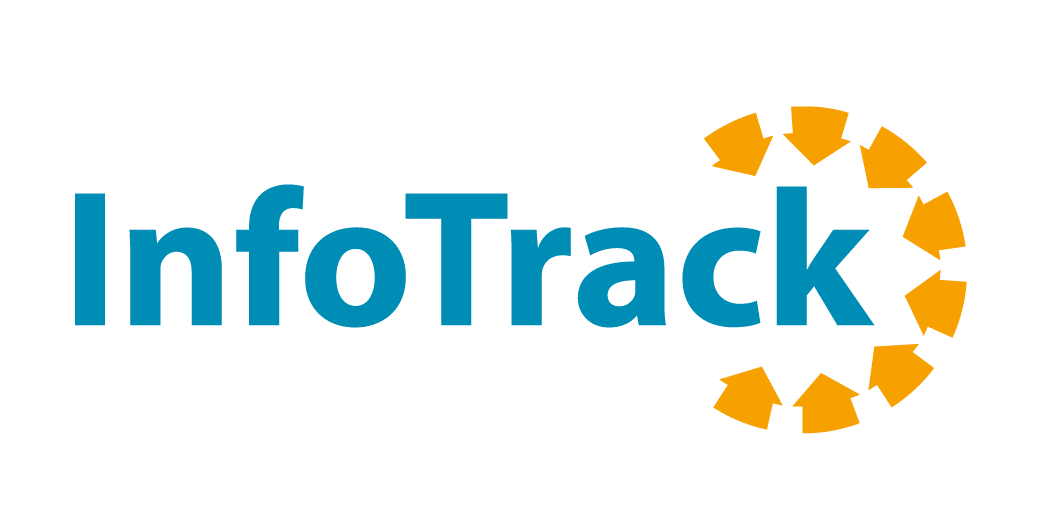
The value of data integrity in digital conveyancing
InfoTrack explains why establishing a single source of truth for property transactions is crucial in a field where accuracy, reliability and compliance are paramount.
Data integrity is a critical element in digital conveyancing transactions, ensuring that information is accurate, consistent and reliable throughout the transaction lifecycle.
The shift toward digital conveyancing has amplified the importance of data integrity, as it reduces the risk of human error, enhances operational efficiency, and contributes to the reliability of the entire conveyancing process.
At the core of this integrity is the process of capturing reliable data right from the client onboarding stage, using tools like digital ID verification and open banking for source of funds and wealth evidence.
In digital conveyancing, the client onboarding process is the foundation of maintaining data integrity.
Digital ID verification ensures that the client’s identity is verified against stringent data sources, helping firms meet compliance standards and reducing the risk of fraud, while open banking plays a pivotal role in verifying the source of funds and wealth, enabling conveyancers to gather accurate financial information directly from clients’ bank accounts.
This approach not only streamlines the verification process but also mitigates potential errors or misrepresentations, creating a trustworthy dataset from the very beginning.
Maintaining data quality is further improved by integrating your case management software (CMS) with your conveyancing technology to seamlessly transfer information across systems, and create a unified, reliable source of truth. When data is correctly integrated, it reduces the need for rekeying and ensures that information is consistent throughout the matter.
Prepopulated data fields minimise the risk of human error during data entry. By automatically filling in fields based on verified, structured data from previous stages, conveyancing systems can prevent inconsistencies that often arise from manual inputs. These prepopulated fields are especially useful in high-risk administrative processes, where even minor errors in client details or transaction information can lead to significant issues. With fewer errors, digital conveyancers can spend less time on verification and corrections and more time focusing on more complex aspects of the transaction.
Data integrity, at its core, ensures a ‘single source of truth’ for conveyancing transactions.
This concept is crucial in a field where accuracy, reliability and compliance are paramount. With a single, unified dataset that all parties can rely on, the risks associated with fragmented or duplicate information are significantly reduced. Whether it minimises the likelihood of requisitions against an AP1, or saves time by avoiding delays in the process, it can have a big impact on the efficiency and accuracy of a matter.
Data integrity in digital conveyancing transactions begins with accurate data capture at the client onboarding stage and is maintained through the effective use of information throughout a matter.
This creates a framework that minimises human error, enhances operational efficiency and establishes a single source of truth — which is essential in establishing a smoother, more reliable property transaction process.




